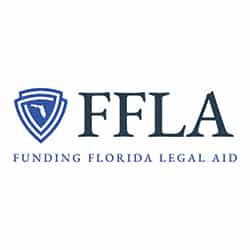A special recession-prompted program that offered unlimited FDIC protection for lawyers’ trust accounts and other bank deposits ended December 31, 2012. Effective January 1, 2013, FDIC coverage is now limited to $250,000 per client per institution.
Florida Bar rules do not require lawyers to divide trust account funds among multiple accounts to ensure FDIC coverage, but because they are acting as fiduciaries for their clients they should consider whether doing so is advisable. Guidance on the subject is provided by Bar Ethics Opinion 72-37.
That opinion says, “Although there is no ethical requirement that a lawyer divide trust funds in order to ensure complete FDIC coverage, he is nevertheless expected to act prudently and consider the deposits’ size in relation to the size and reputation of the financial institutions concerned. . .
“A lawyer is not an insurer of clients’ funds in his possession, and there is no ethical requirement that he keep such funds in numerous separate accounts so as to assure complete FDIC insurance coverage of all funds. However, in handling clients’ funds, the lawyer is acting as a fiduciary or trustee and is expected to act as a prudent man. Obviously the size of the deposit should be prudent in relation to the size and reputation of the financial institution where it is placed. If there is any reasonable doubt in the mind of the lawyer as to the security of the deposits, it might then become prudent to divide the trust funds and take advantage of FDIC insurance. . . .”
Lawyers should remember the $250,000 limit does not apply to the trust account, but to each client with money in the account. Thus if a lawyer has a trust account with $1 million in it, but no individual client with more than $250,000, then all those clients will normally be covered by the $250,000 limit. The $250,000 coverage, however, includes any other funds the client might have in a personal or business account in the same bank.
According to the FDIC’s website, “FDIC regulations provide that deposit accounts owned by one party but held in a fiduciary capacity by another party are eligible for pass-through deposit insurance coverage if (1) the deposit account records generally indicate the account’s custodial or fiduciary nature and (2) the details of the relationship and the interests of other parties in the account are ascertainable from the deposit account records or from records maintained in good faith and in the regular course of business by the depositor or by some person or entity that maintains such records for the depositor.”
Further information on FDIC insurance coverage for IOLTA and other accounts as of Jan. 1, 2013, is at:


